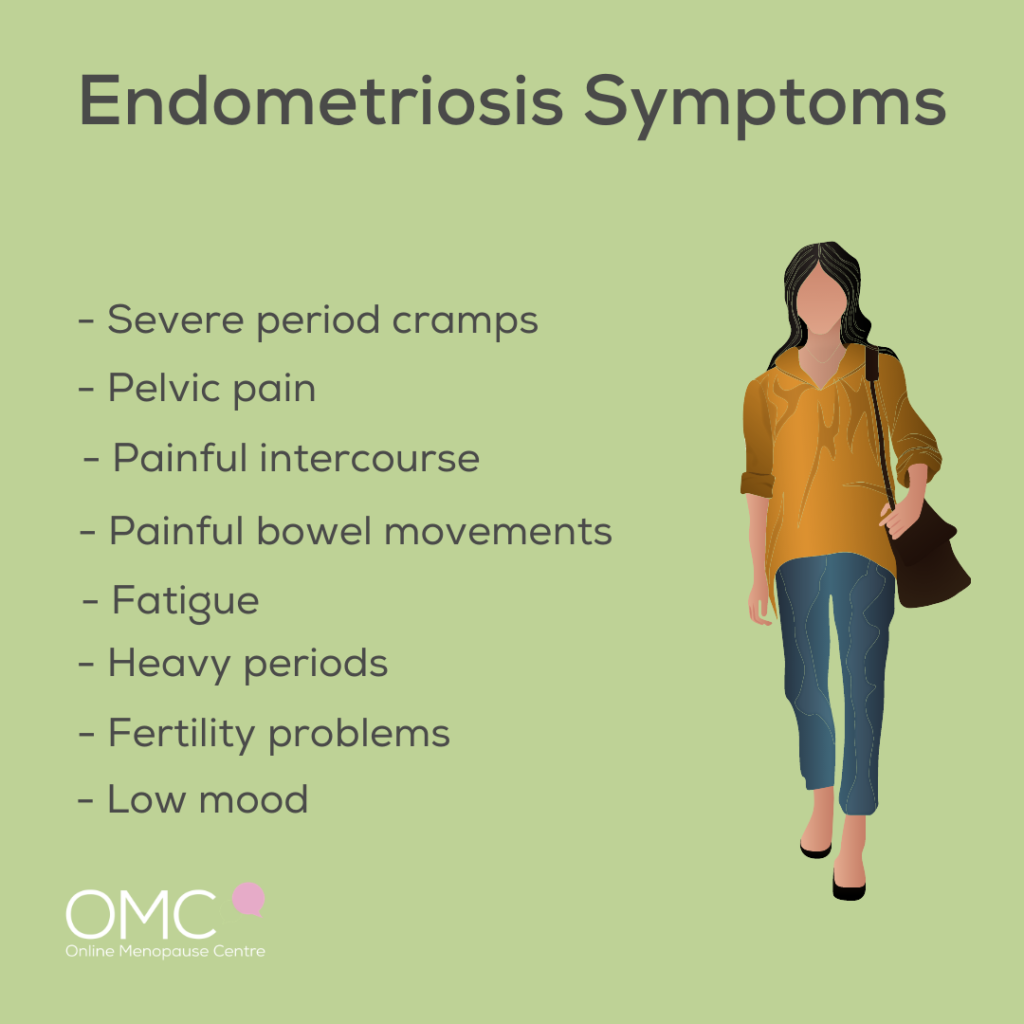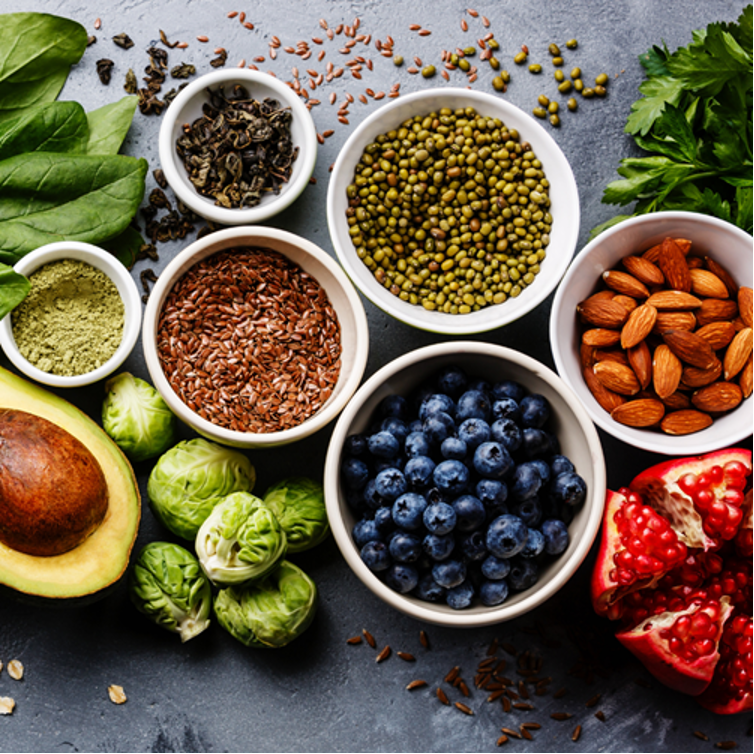Endometriosis Specialist
& Online Clinic
What is Endometriosis?
Endometriosis is a complex disorder that can affect women of any age, but especially those with a menstrual cycle. In endometriosis, cells similar to the ones present in the lining of the womb (called endometrial cells) can be found in other places in the body such as the ovaries or fallopian tubes. As a consequence, the cyclic monthly hormonal changes affect those tissues the same way they affect the lining of the womb, leading to bleeding, formation of scar tissue, pain and inflammation in those places. It is a very distressing condition that can often remain undiagnosed.
Symptoms of Endometriosis
Symptoms of Endometriosis can vary considerably, some women may not have any symptoms although some can be severely affected. These can range from severe period pain that stops you doing your work or normal daily activities. Pelvic pain radiating to lower abdomen and back can be difficult to manage with regular painkillers. This is usually worse during a period when there is intense muscle cramps and inflammation.
All other aspects of life can be affected including sex life as it can be very painful to have intimate relationship. Bowel movements particularly during the time of period can be painful and therefore result to changes in bowel habits.
As pain can be intense throughout day and night, this can disturb restful sleep and cause fatigue and low mood.
Women with endometriosis can experience fertility problems.

Treatment of Endometriosis
Endometriosis is best treated under care of a specialist (Gynaecologist). Hormonal balancing and lifestyle modifications can be beneficial adjunct treatments.
Although there is no cure for Endometriosis but there are treatments that can help lessen the symptoms. Since there is a link between endometriosis and estrogen dominance, estrogen-balancing approaches are usually recommended to support endometriosis.
As well as looking into hormone balancing, other available treatments include pain management and surgery. Lifestyle and nutrition play an important role in treatment of this condition and give the woman control over this.
Nutritional Recommendations
- The liver has an important role in estrogen metabolism. Make sure you eat liver-supporting foods regularly such as: cruciferous vegetables (broccoli, cauliflower, Brussel sprouts and kale, which contain a substance called di-indolylmethane – DIM -, a natural plant compound that supports a healthy ratio of good: bad estrogens in the body); Brazil nuts, artichokes, and garlic; and fibre-rich foods such as rolled oats, ground flaxseeds, chia seeds, green leafy vegetables, grains, and almonds.
- Have more of those “good fats”, particularly omega-3 essential fatty acids, which are critical in reducing inflammation associated with endometriosis. They are present in wild oily fish such as mackerel, sardines, salmon and anchovies. Plant-based options are chia seeds, flaxseeds, avocado, nuts, such as almonds and Brazil nuts, and extra virgin olive oil.
- Look after your gut health, as beneficial bacteria in the gut can help reducing levels of an enzyme, beta-glucuronidase, that modifies estrogen and when in excess gets estrogen recirculated in the body contributing to its dominance. Incorporate the following foods into your diet: dairy kefir, water kefir, kombucha, sauerkraut, and kimchi.
- Avoid alcohol, caffeine, refined carbohydrates and sugar, and reduce dairy (opting for non-dairy milk versions such as unsweetened almond or oat milk) to reduce inflammation.

Lifestyle Recommendations
Substances that mimic our endogenous estrogens, called xenoestrogens, are found in many everyday items from plastics, skincare products to insecticides used in our food.
In order to reduce our environmental exposure to xenoestrogens:
- Avoid plastics containing BPA (choose glass storage/drinking containers or BPA-free plastic whenever possible), and never heat plastic containers in a microwave
- Buy organic food, particularly organic grass-fed meat, dairy products and eggs
- Use natural skincare products, cosmetics and toiletries (particularly avoid the ones containing parabens), as well as household products
Learn how to relax and incorporate more self-care into your life, as stress promotes hormone imbalances and increases inflammation – check our lifestyle recommendations in the Perimenopause page.

